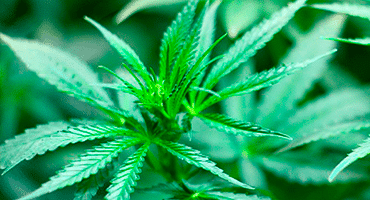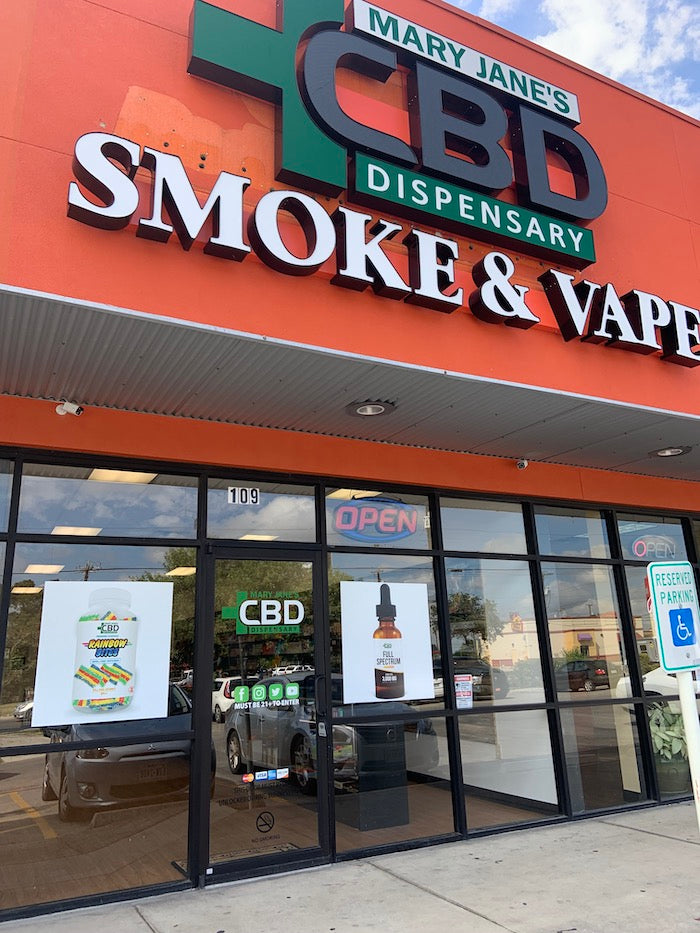
This unicorn latte trend will make you a little obsessed if you love magical and healthy things. The End, a Montauk-inspired coffee shop that serves this drink as one of their "healing latte" options, created the latest buzz-worthy drink.
The warm beverage is made from cold press juice, honey cayenne. steamed coconutmilk, maquiberry, blue green alga, and steamed coconut water. Also known under the name E3. This is said to give the drink its beautiful color as well as increase your energy levels without the use any caffeine.
This magical and mysterious recipe comes with turmeric and pomegranate sprinklings, edible flowers and vegan sprinkles. The Unicorn Latte can be found at this Williamsburg café, which also serves a golden milk or turmeric latte.
This is an unusual and fun way to begin your day. It's especially great if you follow a healthy lifestyle. But if you're not quite ready to break your habits, then maybe you're looking for some new variations on the golden milk and turmeric latte trend that have taken over health-conscious Instagram feeds.

Besides being a beautiful and magical drink, the Unicorn Latte also is pretty darn tasty! It's essentially just a fancy warm juice cocktail that has been garnished with turmeric and pomegranate, as well as edible flowers or vegan sprinkles.
You can make your own version of the Unicorn Latte at home using just a few ingredients and a blender. Just combine all the ingredients and add water until desired consistency. Once you have achieved the perfect mix, pour it into a pitcher.
You can mix the ingredients in regular glasses and add water until the color is right. You can finish it off with a straw, just like the rainbow bagel seen on social media.
This is the best drink to start your morning! The combination of gin with tea and citrus creates a magical mixture that can improve your memory and creativity.
Unicorn shimmer drink Powder is a self-infusing and self-diffusing drink sparkle that can also be used in cocktails, prosecco and gin. You can simply add a few sprigs to your glass and watch it shine!

The Electric Unicorn – Bones' Favorite!
Bones met a majestic creature that looked a lot like a unicorn as he traveled through Coffeeland to search for the most righteous beans. It had a magical aura which could shift through all of the color spectrums. Bones enjoyed a cup their magical coffee, and fell in love with it.
This magical flavor-changing experience is almost impossible to find anywhere else. This vape liquid by The Drip Company will take you on a wonderful journey of flavor sensations!
FAQ
Can I use CBD during pregnancy?
There isn’t enough research available to confirm that CBD is safe to be used during pregnancy.
Based on the limited information, however, it seems unlikely that CBD would cause harm for the baby.
Pregnant mothers should not consume CBD unless it is recommended by their doctor.
The Food and Drug Administration published a warning about potential health risks when CBD is taken while pregnant.
FDA claims that "there are some evidences that cannabis consumption during pregnancy may increase the likelihood of miscarriage."
According to the agency, more research is necessary before a firm conclusion can been drawn.
What are the most popular CBD brands?
These five top CBD brands are hand-picked by our team based on value, reliability, quality, and price.
They provide high-quality CBD oils that have less than 0.2% THC.
Also, we recommend that you check out our list with the top CBD sellers around the world.
Which countries produce the highest quality CBD?
The United States is home to the greatest number of CBD products.
Canada, Australia New Zealand, Israel and New Zealand also produce high-quality CBD product.
Is there a saturation in the CBD market?
CBD is seeing a steady growth rate of 25 percent annually. This growth is expected continue for at most five more years. The industry is forecast to grow from $2 Billion to $5 Billion by 2020.
Canndoc Ltd and GW Pharmaceuticals are the dominant players in the CBD market. Both companies are focused on the development of pharmaceutical-grade CBD products. They have not been very effective so far. Both are struggling in the marketplace to gain traction.
Cannabidiol (CBD), an extract from cannabis, contains less than 0.3% THC. It has no psychoactive effects. It can be used to treat epilepsy or other medical conditions. It is also used frequently as a dietary addition.
There are many different types of CBD products available. Some CBD products are made from whole plant extracts while others contain CBD.
These products share one common feature: they all contain low levels of THC.
They are therefore legal under US federal law. But, you still have to adhere to local laws when selling CBD products. You should always check with your state's regulations regarding the sales of CBD products.
Additionally, CBD products can be illegal in several states. These are California, Colorado. Florida. Mississippi. Missouri. New York. North Carolina. Ohio. Oklahoma. Oregon. Rhode Island. South Dakota. Texas. Utah. Virginia. Washington.
CBD products are not recommended for people who live in these states.
What does the future hold for the CBD Industry?
The future for CBD is bright. It is clear why so many people are getting on board with this industry. This market is expanding exponentially with CBD products being purchased globally at a total of $1 billion.
Statista predicts that global sales of cannabidiol in 2019 will reach $22.4 million. That's almost 200% more than in 2018!
It is also expected that the CBD market will grow at a compound annual growth of 22.5%. That would translate to approximately $6.8 million in revenue by 2020.
This is great news not only for existing businesses but also for companies looking to get into the sector. The CBD market is still young and may face challenges.
How can CBD products successfully be marketed by companies in compliance with regulations?
The FDA does not regulate hemp for its agricultural commodities. However, the agency regulates all other cannabis derivatives (e.g., marijuana) under the Controlled Substances Act. CBD has not been subject to any specific regulations.
CBD is legal at state level in 29 US states. Federal law considers it illegal. This creates uncertainty for businesses looking to sell CBD products.
The FDA has specific guidelines on how CBD products must be marketed. They must disclose the THC content of any CBD products. Without scientific evidence, companies cannot claim CBD treats certain medical conditions.
In addition, the FDA requires manufacturers to submit detailed information regarding manufacturing practices and quality control measures. To demonstrate safety and efficacy, the FDA requires companies to perform clinical trials.
When developing their own marketing strategies, companies should take into account these points.
Can CBD companies be a good investment?
The answer depends on the question you are asking. These machines are great investments if your goal is to make money. But if you're looking for something to help people, then they are not the best investment.
Statistics
- CBD seems unlikely to directly influence sleep in healthy humans [115] (and maybe “sleep-promoting” in those with certain comorbid conditions) (ncbi.nlm.nih.gov)
- The use of these products is likely to become even more widespread if the World Health Organization's recommendation that CBD no longer is scheduled in the international drug control conventions is adopted by the United Nations member states [201]. (ncbi.nlm.nih.gov)
- While the primary injury may not be treatable, interventions that attenuate secondary sequelae are likely to be of benefit [203].Only one study (ncbi.nlm.nih.gov)
- The inhibition of FAAH is predicted to lead to an increase in brain and plasma concentrations of AEA, which acts as a partial agonist at CB1R and CB2R, thereby increasing endocannabinoid tone [92, 110]. (ncbi.nlm.nih.gov)
- As a substance that was federally illegal before the passage of the 2018 Farm Bill, hemp-derived cannabinoids with no more than 0.3% THC still face a regulatory grey area. (forbes.com)
External Links
How To
How to Get Certified for Selling CBD Products
One of many cannabinoids found within cannabis plants is CBD (cannabidiol). It's been used medicinally throughout history, including traditionally in China, India, and many South American countries. In recent years, however, its popularity has skyrocketed due to its ability to treat conditions like anxiety, pain, epilepsy, and inflammation. But if you want to start selling CBD products, there's no official certification program available yet -- at least not in the U.S. That means anyone who wants to make money off their own line of CBD products has to rely on the "unofficial" process of self-certification.
There are two ways to go about this. The first is to join a local association of canna-business owners. This way, you can learn from others while getting support and advice. There are many organizations in the United States. You can also go online and start your own business. Many states allow canna businesses to operate online. If you have the permission, you can start accepting orders and set up your website. However, registration is required with your state Department of Public Health. Once you have been registered, you will be able apply for a state license through the department of public health. Once you have received your license you are officially authorized to open your store, accept orders, and close it.